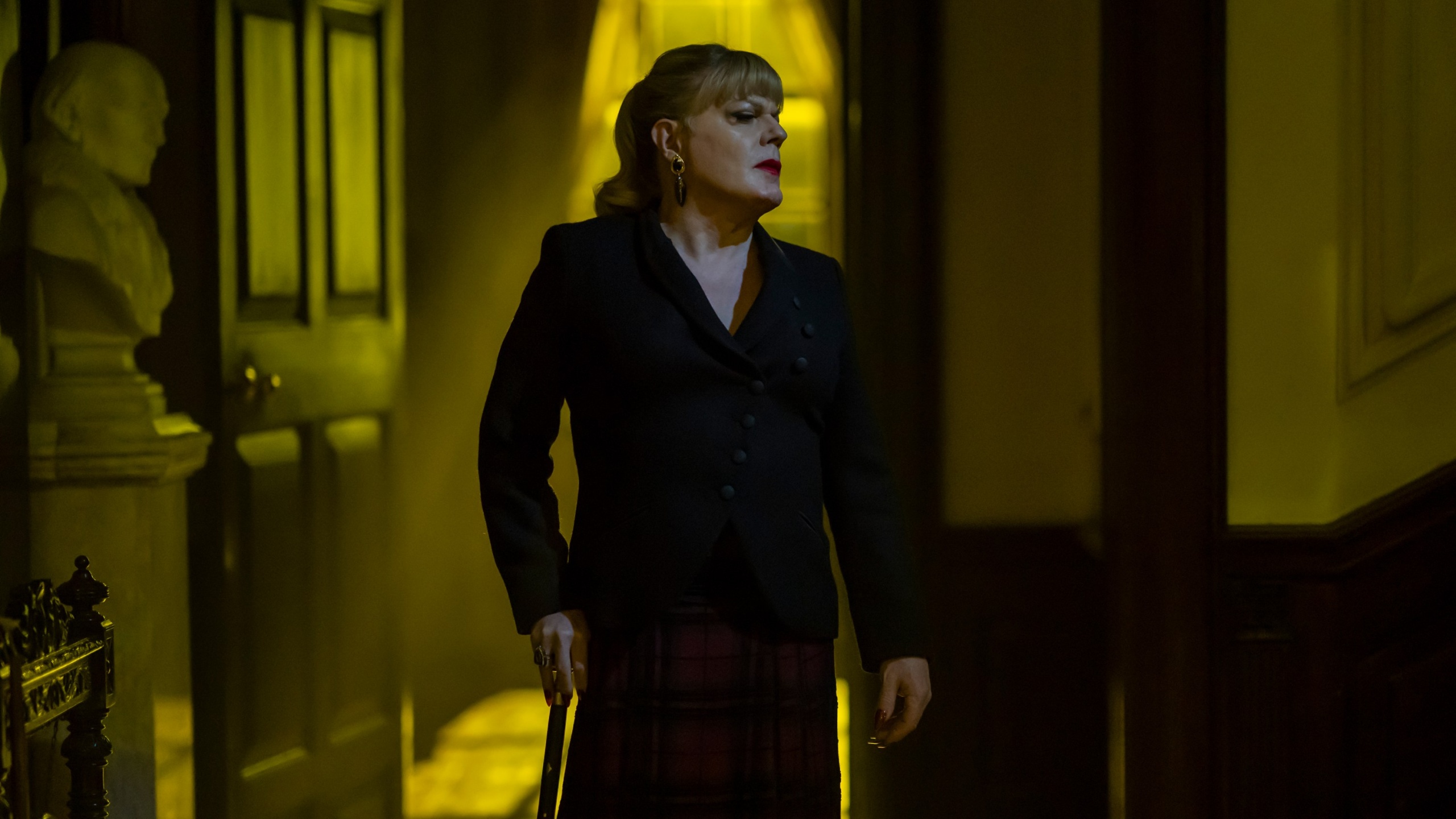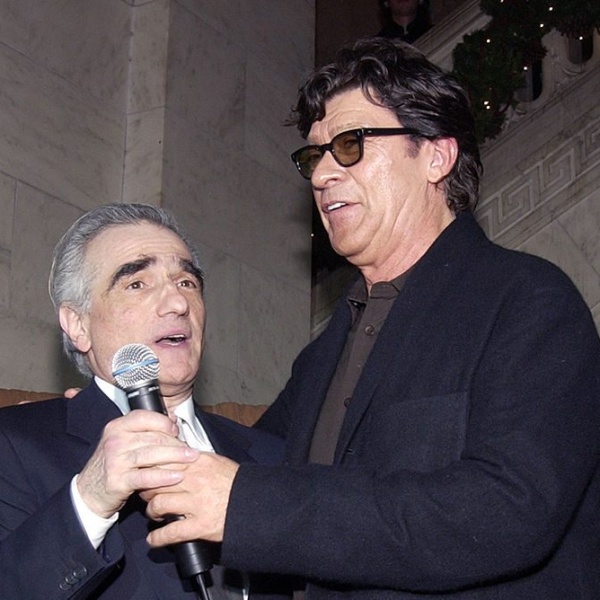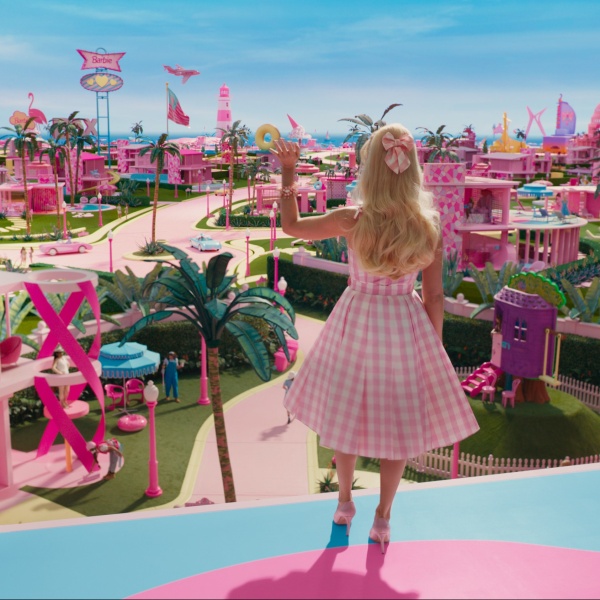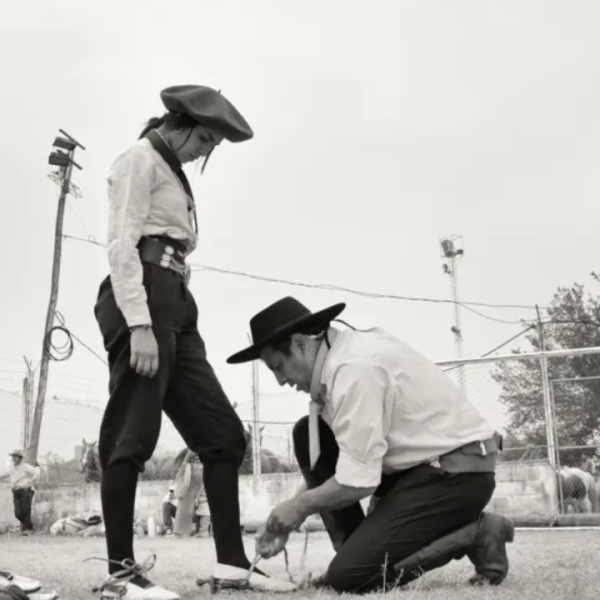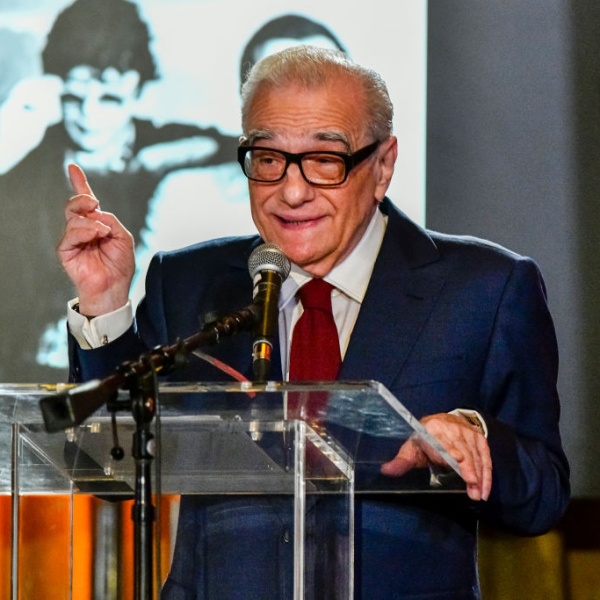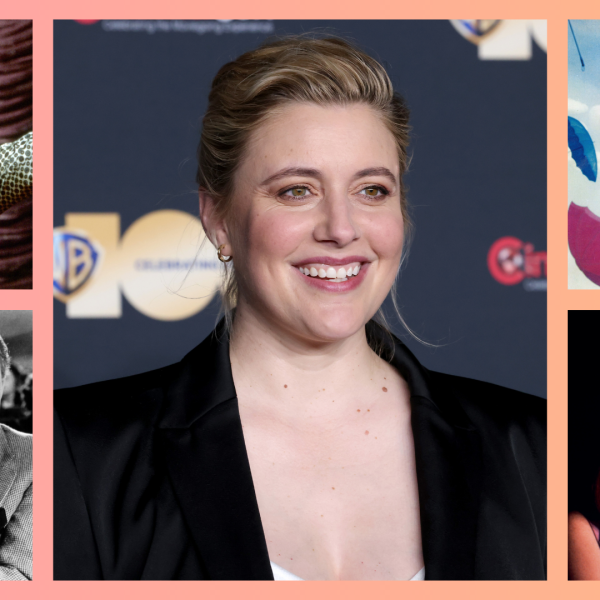Few brand names loom larger over horror movie history than Hammer Films.
Founded in 1934 by William Hinds (better known by his stage name Will Hammer), the British production company became synonymous with cheap but lovingly made Gothic horror films throughout the 1950s and ’60s, many of which were inspired by classic characters like Dracula and Frankenstein. Hammer Horror films were frugal endeavors that often reused the same sets and costumes across unrelated series, a fact that only made its cult fanbase more passionate by rewarding those who paid close enough attention to recognize the overlap. While many were simple B-movies, their impressive practical effects, Technicolor visuals, and sincere love for their source material allowed Hammer Horror to carve out a niche never truly filled again after the company stopped making movies in the late 1970s.
While sporadic attempts have been made to revive the Hammer Horror brand throughout the 2000s, its 2023 acquisition by producer and lifelong Hammer fan John Gore marks the most serious effort at a relaunch to date. Armed with the company’s entire back catalog, Gore will introduce his revitalized Hammer Films to American audiences this week with the release of “Doctor Jekyll,” Joe Stephenson’s new film that stars Eddie Izzard in a gender-agnostic reimagining of the classic two-faced monster.

Izzard plays a trans pharmaceutical executive who hires a live-in caretaker (Scott Chambers) after she begins to experience troubling side effects from a new experimental drug. The premise is classic Hammer — the studio even made another gender-swapped Jekyll story, 1971’s “Dr. Jekyll and Sister Hyde.” The new film boasts plenty of the camp, practical effects, and Gothic production design that fans have come to expect from the name.
In a recent conversation with IndieWire, Stephenson spoke of his affection for the classic production techniques that made Hammer famous, while explaining why he chose not to lean too heavily on other adaptations of the Jekyll and Hyde story.
“I love the old-fashioned ways of doing some of those special effects. I’m kind of quite obsessed with that. I love that style,” he said, thinking, “It’d be really fun to just do something in the vein of those earlier versions.”
But, he said, “We never went back and wanted to lean on any of them because it was always about finding a way to tell a story that’s been told so many times and by so many great people and do it in a new way … How would you surprise an audience with a hundred-year-old book? We had to find a way, and hopefully, we do, and hopefully, it still ticks the boxes of being Jekyll and Hyde enough for people to feel like they’re not being cheated out of Jekyll and Hyde. But it goes off on its own journey and does its own thing, and that was a conscious decision. They think they know what’s coming, but they don’t.”
The canon of early 20th-century movie monsters (many of which originated as classic works of literature) continue to be attractive I.P. for contemporary producers. Failures like Universal’s catastrophic Dark Universe — which would have featured such castings as Angelina Jolie as the Bride of Frankenstein, Johnny Depp as the Invisible Man, and Russell Crowe as Dr. Jekyll and Mr. Hyde, but was scrapped after 2017’s “The Mummy” bombed — are hard to ignore. But as Stephenson explained, these characters will never cease to be relevant.
“These stories have lived for as long as they have lived because they speak to a part of human nature. That’s why we like them so much,” he said. “So as soon as it’s not about that, they start to feel really flat and lame. I love Coppola’s ‘Dracula,’ and that becomes a romance somehow, and that’s great. What a great way to do that. So taking elements and bringing certain parts to the forefront that weren’t at the forefront and pushing things to the back and all that kind of game is good.”
The demand for new takes on classic movie monsters remains steadfast as ever, with upcoming interpretations including Guillermo del Toro’s Jacob Elordi-led “Frankenstein,” Robert Eggers’ “Nosferatu,” and Maggie Gyllenhaal’s punk rock-inspired “The Bride.” While Stephenson cautioned against pulling too heavily from previous adaptations, he hopes fans will continue to embrace these characters as long as filmmakers feel emboldened to make them their own.
“For me, it’s relevant if it’s relevant to the filmmaker, and often, a lot of the designs of these sorts of movies, when they don’t work, it’s when it’s not personal to the filmmaker, and the filmmaker hasn’t got something they’re expressing,” he said. “That’s why I’m so excited about del Toro’s ‘Frankenstein’ because I’m going, ‘That’s going to be so him,’ and he has got the tools to do it how he wants to do it. This is going to be great, and it’ll have heart, and it’ll have meaning. Sometimes, in these machines of filmmaking, the heart gets ripped out a bit because it becomes about satisfying an audience’s wishes and audiences A.) don’t always know what they want. B.) sometimes they’re wrong about what they think they want. That’s why it has to come from the filmmaker. It has to be in the filmmaker’s voice, and it has to be that it’s expressing something that’s from the heart.”
A Hammer Films release, “Doctor Jekyll” opens in select theaters on Friday, August 8.
